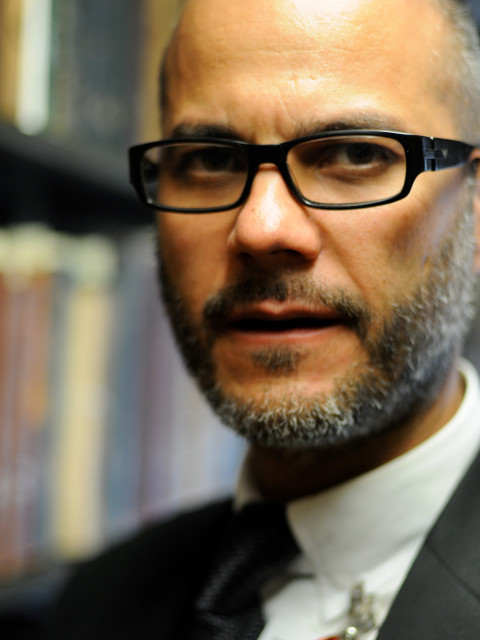
Social Determinants of Health
by MarkAlain Déry, DO, MPH, FACOI
Infectious Disease Specialist
November 23, 2021
Recently an organization called the World Economic Forum, headquartered in Geneva, Switzerland, announced the “Six Key Principles for Using Data to Share a Healthier World.” The organization is dedicated to assembling people from all walks of life to make positive change. They are a group that is bringing to light important issues when it comes to health equity principles, diversity, and inclusion in medicine.
With an eye on healthcare, they recently determined something that I think is valuable to talk about within context of this Public Health Perspective blog. Through a survey by the Rockefeller Foundation-Boston University 3-D Commission it was discovered that there is a limited understanding of what influences health. In fact, it was a very eye-opening revelation.
Generally, the perception was that health is often perceived just to relate to doctors and medicines; very few see health in the context of being inextricably linked to social determinants – things like culture, education, and the economy. A quarter of people in the survey ranked healthcare as the most important social detriment of health. Education was second at 19% and fewer than 10% acknowledged things like childhood conditions or the effect of poverty. The Rockefeller study revealed that most people simply don’t connect the dots and understand that there is a full range of forces that shape health, including housing, employment, and other inequities.
Anyone who has heard of the groundbreaking Kaiser Family Foundation study on Adverse Childhood Experiences knows that the more negative childhood experiences one has, the higher the risk for those individuals to have chronic conditions such as depression, diabetes, HIV, heart disease, and more. Ultimately, adverse events in childhood are of great public health concern given the evidence of their long-term impacts on health.
The goal of this Rockefeller survey was to bridge the gaps between things like data, the social determinants of health, and policymaking. Simply put, policy makers can make better decisions about health if they take the time to understand the principles put forth in this study. They were introduced at the 76th United Nations General Assembly that just concluded this week.
The first principle states: “Evidence-based decision making to promote healthy societies needs to go beyond health care and incorporate data on the broader determinants of health.” In other words, let’s look at the real issues that affect people’s health – simple things that you and I don’t even give a second thought to, like transportation. According to the American Hospital Association, millions of people miss appointments because they do not have access to transportation. Food security is another factor that plays into health. That’s true for children in particular -- children need a safe home, access to nutritious food, and the ability to get an education in order to achieve wellness.
Another social detriment is racial inequities. The American Heart Association has been particularly vocal about this, saying that health care professionals need to recognize discrimination as a social determinant. Once they understand the impact of discrimination on the health of Black Americans, they will be better equipped to serve this population. Unfortunately too many providers don’t understand implicit bias.
One thing that gets in the way of quality care for Black patients is that often most clinic staff is white. This contributes to strained patient-provider communication when there is implicit bias. I’m hoping those of us in medicine are beginning to address this chasm. We need more cultural competency training and community health partnering with trusted leaders in communities of color. And we certainly need more providers of color. Unbelievably only around 6% of physicians are Black. I spend a lot of my time discussing these issues in medicine and the role of the social detriments of health and I hope that providers begin to see that racism is a huge public health crisis.
The Rockefeller Study lists six principles in all and I’m not going to go through each one here, but I will point out another that notes that decision making that affects the health of individuals needs to take into account all individuals and embrace health equity. Policy makers must realize there are trade offs that will need to be made between short-term costs and long-term benefits.
We’ve all seen during the COVID-19 crisis how public health policies are at risk of being made by people with no experience in not just public health, but in medicine in general – politicians for example. That is why those of us in public health need to be vocal in not just having a voice in health care policy making, but we must be willing to lead the decision making to promote a society that includes multiple and diverse perspectives that truly help not just the few and the powerful, but all populations.
Sources:
- Six key principles for using data to shape a healthier world | World Economic Forum (weforum.org)
- About the CDC-Kaiser ACE Study |Violence Prevention|Injury Center|CDC
- Adverse childhood experiences - ScienceDirect
- How Do Social Determinants of Health Affect Patient Wellness? (patientengagementhit.com)

